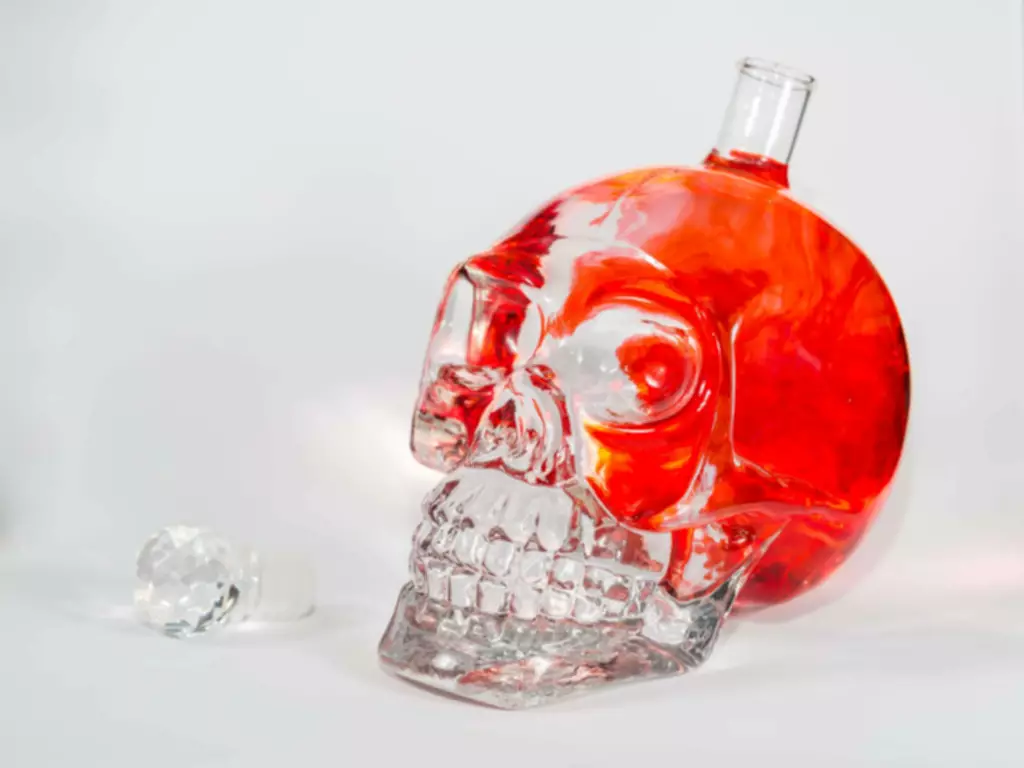
Sulphur dioxide is particularly common in home brewed-beers and wines as sodium metabisulphite. This is used in the cleaning of equipment and remains in very high levels in the brewing process. Around 1 in 10 asthmatics are sensitive to sulphites and may have a wheezy reaction to alcoholic drinks. Sulphites are one of the 14 allergens that must be listed and highlighted in bold in all prepared foods and in restaurants. Allergies related to alcoholic beverages are not uncommon, but they can be complex and vary widely from person to person.
Identifying the Allergen: How To Narrow It Down
In some cases, it may even cause anaphylactic shock or severe allergic reactions. It’s important to understand that alcohol intolerance is not the same as alcoholism, which is a chronic condition brought on by excessive and persistent consumption of alcohol. While an alcohol sensitivity can be uncomfortable, an alcohol allergy can be dangerous. If you experience severe symptoms, like swelling of the throat, difficulty breathing, or a rapid drop in blood pressure, seek emergency medical attention.
Is alcohol intolerance treatable?
Alcohol intolerance typically involves difficulty breaking down ethanol due to enzyme deficiencies, resulting in unpleasant symptoms like flushing or nausea. On the other hand, an allergy involves the immune system reacting to specific proteins or compounds in the drink. People with phenol sensitivity may also experience depression, anxiety, irritability and mood swings. If you believe that you could be sensitive to phenols, it is important to work with a healthcare provider to properly diagnose your condition.
What Ingredient Causes An Allergic Reaction?

In some cases, reactions can be triggered by a true allergy to a grain such as corn, wheat or rye or to another substance in alcoholic beverages. Having a mild intolerance to alcohol or something else in alcoholic beverages might not require a trip to a doctor. Simply avoid alcohol, limit how much you drink or avoid certain types of alcoholic beverages. People with alcohol intolerance react quickly to consuming alcohol. Two common symptoms are facial flushing, in which the skin on the face quickly turns red, and nasal congestion. For alcohol sensitivity, you don’t necessarily have to give up alcohol, but you should be mindful of your limits.

However, individuals with severe allergies should still exercise caution when consuming any alcoholic beverage. If you’re allergic to alcohol, the best way to manage this is to avoid consuming it entirely. It’s also crucial allergic to vodka symptoms to read food and medication labels as some may contain alcohol. In case of accidental consumption, seek immediate medical attention to treat potential severe reactions.


If these symptoms are persistent or distressing, seeking medical advice is advised. In some cases, individuals who are allergic to vodka may experience dizziness or lightheadedness. These symptoms can occur shortly after consuming vodka and may be attributed to the body’s allergic response. If these symptoms persist or worsen, seeking medical advice is crucial. Tequila is made from the agave plant, which contains a compound called agavoide, a type of saponin.
- High sugar content isn’t just limited to mixed drinks; wine can also contain more sugar than you may expect.
- Histamines and sulfites are common culprits in allergic reactions related to alcohol.
- These compounds are often added to beer and wine to limit the growth of yeast and act as a preservative.
- The type of yeast used to ferment many alcoholic beverages and to make dough rise is known as brewer’s yeast or baker’s yeast.
- If an allergy to a certain ingredient in alcoholic drinks is suspected, an elimination diet may be recommended.
- The symptoms of phenol sensitivity can vary widely depending on the individual and their threshold for phenols.
The Science Behind Distillation And Allergen Removal

When it comes to allergies to any component of an alcoholic drink, you must never consume it. Mixing alcohol and allergy medications can lead to serious health risks. The Halfway house combination can enhance the sedative effects of both alcohol and allergy medications, leading to drowsiness, dizziness, and impaired motor control.
- You can experience wheezing, shortness of breath, and coughing fits because of this, says Dr. Glatter.
- To be safe, it is important to pay attention to how you react when consuming alcoholic beverages and make sure that any medications you are taking do not interact adversely with alcohol.
- Most commonly, people report feeling flushed and get nasal congestion when drinking wine when they have some level of sensitivity or intolerance.
- If all alcoholic drinks affect you, it is probably an exaggerated response to the alcohol itself or an exacerbating effect on your underlying condition.
telltale signs that you are allergic to alcohol
At the first signs and symptoms of a severe allergic reaction, it’s essential to use epinephrine and go to the nearest emergency department for immediate follow-up care. Medications called antihistamines can help treat symptoms of a mild allergic reaction. The medication epinephrine, commonly called an EpiPen, can help treat a severe allergic reaction.
However, in reality, vodka can contain various ingredients or contaminants that trigger allergic reactions in sensitive individuals. While many of us assume our tolerance will remain the same throughout our lives, the body’s chemistry can shift. Doctors are able to diagnose an allergy based on the production of antibodies. Antibodies known as immunoglobulin E (IgE) cause an allergic reaction in the body accompanied by common allergic reaction symptoms. Also, skin and blood tests are able to measure immune system responses to certain substances.


0 responses on "Alcohol intolerance Diagnosis & treatment"